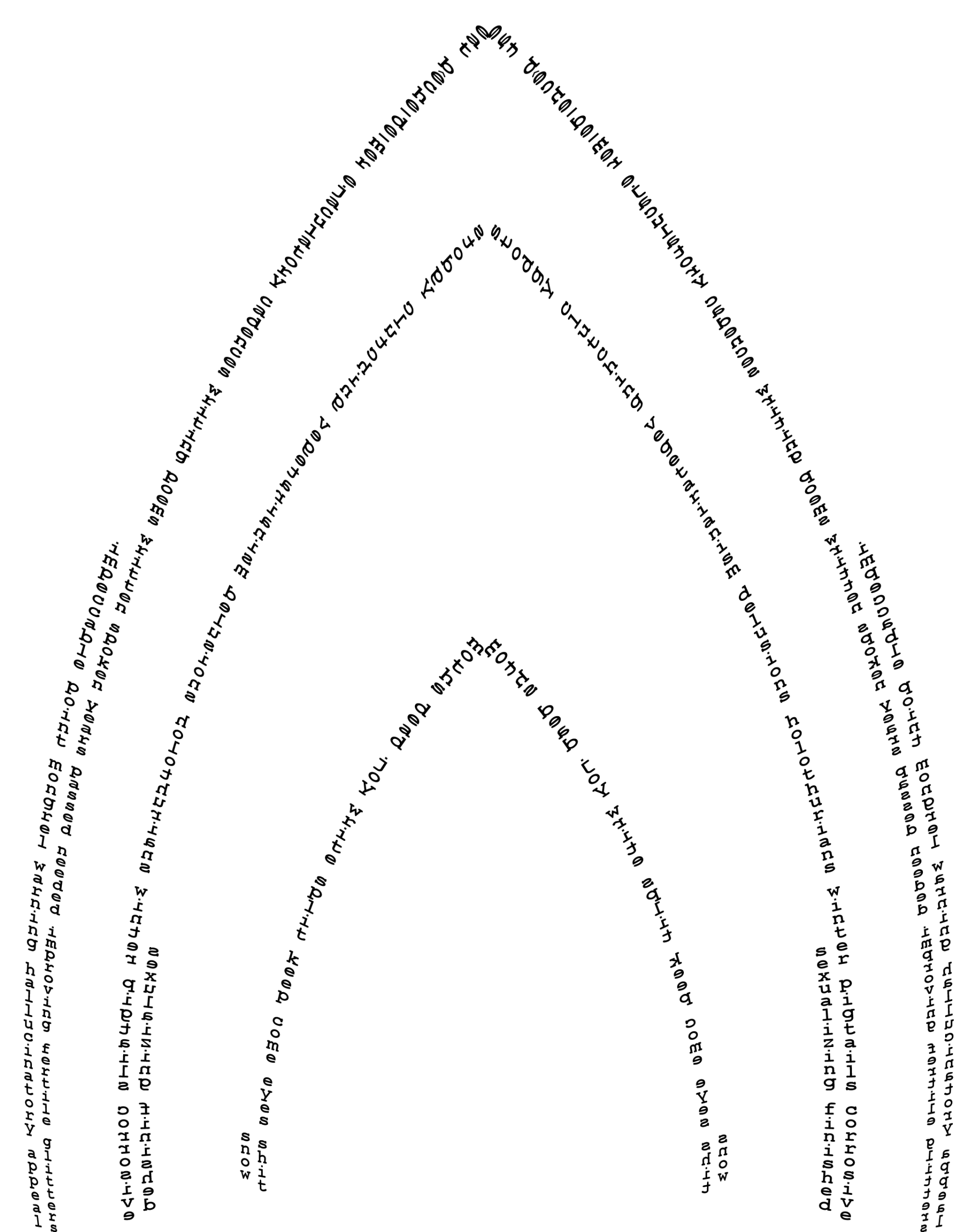Each time you unscrew the head the truths burn out
But reality is not at the bottom of the abyss
Make it now. They hate our way of life
to be a shard of broken glass, shining like life.
Keston Sutherland, The Odes to TL61P (Enitharmon Press, 2013)
Career poets are part of the problem, smearing up the polish, drying out the fire; chucking shit all over the place; not being party to the solution; banking on the nodding head ‘the reader’ saying ‘yes, that’s what it’s like’ so as not to know what it’s for, since meaning is easier that way, gaped at through the defrosted back window of the Audi, hence the spring for a neck; we all know where that shit got us: being what we eat.
Sutherland, p 68
Poetry evolves from a vivid play of nerves and confusions into sedative aporiae in mock-heroic marginalese, if you don’t take precautions to prevent it.
Sutherland, p 41
The driving forces of the universe, the framework upon which it is built up in all its parts, belong to another phase of manifestation than our physical plane, having other dimensions than the three to which we are habituated, and perceived by other modes of consciousness than those to which we are accustomed. We live in the midst of invisible forces whose effects alone we perceive. We move among invisible forms whose actions we very often do not perceive at all, though we may be profoundly affected by them
Dion Fortune, Psychic Self-Defence (Rider & Co., 1930) p 10 < http://chomikuj.pl/proezekiel666/occultus/Dion+Fortune >
Any act performed with intention becomes a rite. We can take a bath with no more in mind than physical cleanliness; in which case the bath will cleanse our bodies and no more. Or we can take a bath with a view to ritual cleanliness, in which case its efficacy will extend beyond the physical plane.
Fortune (1930), p 80
no such thing as liberty
sunlight and vitamins, misunderstanding
for the gods upon the tree
free from bondage the misguided soul
– cannot trust unless you give a sign
for in this suit we find the Lords of Pleasure
Fortune (1930 & 1935)
And all the others together with them took unto themselves wives, and each chose for himself one, and they began to go in unto them and to defile themselves with them, and they taught them charms and enchantments, and the cutting of roots, and made them acquainted with plants.
And they became pregnant, and they bare great giants, whose height was three thousand ells:
Who consumed all the acquisitions of men. And when men could no longer sustain them,
The giants turned against them and devoured mankind.
And they began to sin against birds, and beasts, and reptiles, and fish, and to devour one another’s flesh, and drink the blood.
Then the earth laid accusation against the lawless ones.
The Book of Enoch the Prophet, translated by R H Charles, (Weiser Books, 2012), VII, 1‑6 (pp 5-6)
Mein innerstes Gefühl dazu ist: im Augenblick ist alles zu, aber es kann in jedem Augenblick anders werden. Ich stelle dazu folgende Überlegung an: diese Gesellschaft bewegt sich nicht auf einen Wohlfahrtsstaat zu. Diese Gesellschaft, die die Menschen immer mehr erfaßt, wächst gleichzeitig mit ihrer Irrationalität, und zwar konstitutiv. Solange diese Spannung besteht, ist sozusagen der Ausgleich der Wärme nicht herbeigeführt, der notwendig wäre, damit es keine Spontanheit mehr gibt. Ich kann mir nicht vorstellen, daß es eine bis zum Wahnsinn gesteigerte Welt gibt, ohne daß objektive Gegenkräfte entbunden würden.1 TWA
Max Horkheimer und Theodor W.Adorno, Nachtrag zu Band 13: Nachgelassene Schriften 1949-1972; 2. Gespräche: “Diskussion über Theorie und Praxis” (1956) (S. Fischer, 1989), p 47 < http://platypus1917.org/wp-content/uploads/2011/12/horkheimeradorno_theorieundpraxis1956.pdf >
Das was im Zusammenleben der Menschen als das Richtige angelegt ist, steckt in der Sprache: wenn man sagt, es soll gut werden. Wenn man den Mund zum Sprechen auftut, sagt man das immer mit.2 MH
Adorno & Horkheimer, p 36
Wir lehnen nicht die Praxis ab, aber das Verfügen. Weil wir noch leben dürfen, sind wir verpflichtet, etwas zu machen.3 MH
Adorno & Horkheimer, p 109
1 My innermost feeling is that at the moment everything has shut down, but it could all change at a moment’s notice. My own belief is as follows: this society is not moving towards a welfare state. It is gaining increasing control over its citizens but this control grows in tandem with the growth in its irrationality. And the combination of the two is constitutive. As long as this tension persists, you cannot arrive at the equilibrium that would be needed to put an end to all spontaneity. I cannot imagine a world intensified to the point of insanity without objective oppositional forces being unleashed. Theodor Adorno & Max Horkheimer, translated by Rodney Livingstone, Towards a New Manifesto (Verso, 2011), pp 38‑39
2 Whatever is right about human society is embedded in the language – the idea that all will be well. When you open your mouth to speak, you always say that too. Adorno & Horkheimer, p 5
3 What we reject is not practice but telling others what to do. Because we are still permitted to live, we are under an obligation to do something. Adorno & Horkheimer, p 109
